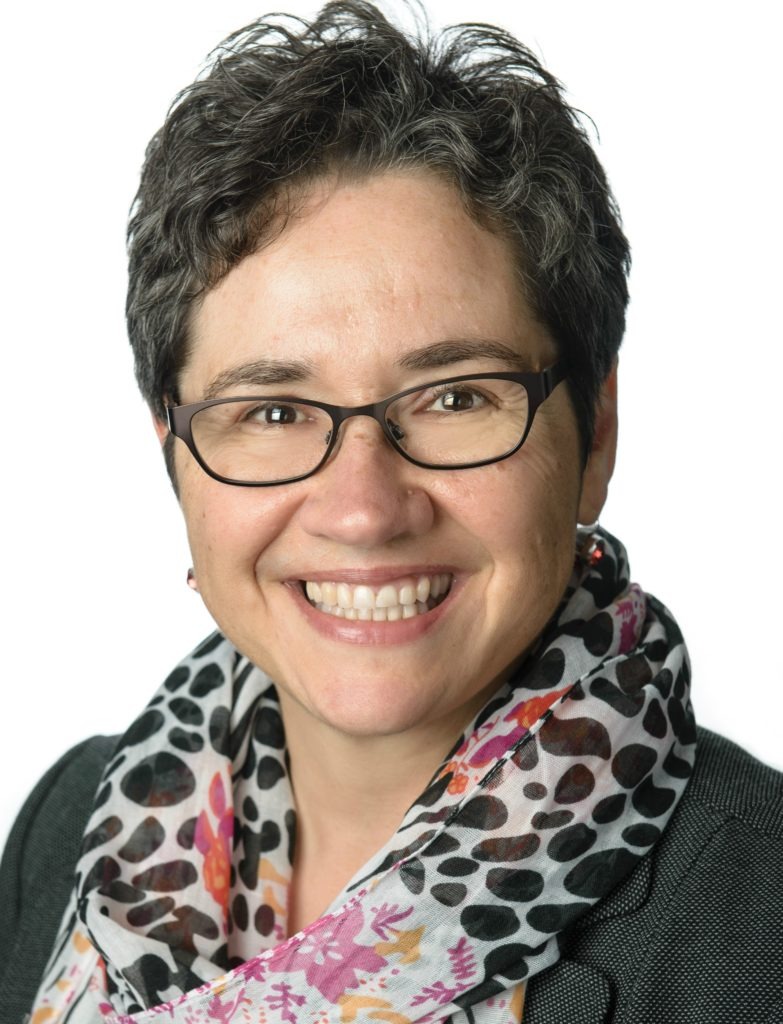Learn about the benefits of constructing a multi-year internship from a MLIS student's perspective.

Librarians need an MLIS: True or false? (Round II)
So our conversation continues with this second panel convened to address the question of whether librarians need an MLIS (or not).
Our first panel went well—held in last month’s issue. Not only did the technology work but our four panellists acquitted themselves well in what Paul Laverdure called the “wild west” environment of online commenting.
This month, I am looking forward to hearing what Helen, Anne Marie, and Jennifer have to say on the subject. Once again, we’ve got a good mix of perspectives and I expect the conversation to be lively.
How will each panel work?
1. We have asked each panellist to prepare an opening statement in answer to the following question:
A master’s degree in library science should be required for anyone wanting to be a librarian. True or false? And why?
2. We have posted those statements for this first panel below.
3. On an announced date and time, all the panellists on a given panel will “meet” in the discussion space located below the post. I will moderate an initial conversation in which the panellists will respond to one another and to a follow-up question from me.
4. After 20–30 minutes of discussion, I will open the “floor” to any readers who are following along and would like to ask a question of their own and/or to respond to what has already been said.
5. After an additional 20 minutes, we will close the panel. However, any reader who wishes to post a comment and/or to ask further questions is welcome to do so. We will monitor the discussion for a couple of days, and panellists will respond as needed.
Martha Attridge Bufton
Editor-in-chief
Open Shelf
Panel II
Online for moderated “live” discussion and Q & A: Wednesday, April 8, 2020, from 12 p.m. to 1 p.m.

Helen Kula, MA, MISt
Head, IMI Library Services and Instruction
University of Toronto Mississauga Library
https://utm.library.utoronto.ca/contact/helen-kula
Middish-career librarian: Graduated with an MISt degree in 1999 (LIS stream)
While it pains me to acknowledge this, I don’t believe an MLIS degree should be required to work as a librarian. The skills and competencies associated with librarianship can almost all be acquired “on the job” and then can be further developed, as needed, through professional education options other than a graduate degree.
By requiring the MLIS degree, we are slowing our progress towards a more diverse workforce that reflects the communities we serve. Our focus on the degree has also enabled us to sidestep an important conversation that is needed about continuing education after the degree.
Most MLIS students graduate with a shared set of values and norms related to privacy and access that help define our profession, and the degree program helps create space and time to develop these. But do we really need a graduate degree to do this?
I also recognize that a master’s-level degree confers a certain status and that requiring the degree led to improvements in compensation and benefits within the profession over the years. However, given the explosion in the number of master’s degrees issued over the past two decades[1], I don’t believe this degree is valued to the extent that it once was. And if it doesn’t prepare you to succeed or excel as a librarian, why require it?
[1] Source: Statistics Canada, Table: 37-10-0070-01 (formerly CANSIM 477-0036)

Anne Marie Madziak, MLIS
Training and Consulting Director
Southern Ontario Library Service
Late-career librarian: Graduated in 1986. I have been a practising librarian in the public library sector for almost 34 years and am preparing to retire in summer 2020.
I believe a professional degree should be required for anyone wanting to be a librarian. While there is increasingly a need in contemporary public libraries for non-librarian positions, fulfilling a variety of emerging roles and responsibilities, there remains a need for the professional librarian. In my experience training and developing hundreds of public library staff over the past three decades, I’ve found the professional degree brings value-added to the table. That value-added is a challenge to articulate, but I believe it is a capacity for critical thinking, rooted in an understanding and endorsement of the mission and values foundational to librarianship, not just the values in the current time but the enduring mission and values over time.
It is that deeper and broader understanding of the mission of universal access to the universe of ideas and knowledge (a powerful phrase I learned from Susanna Hubbard Krimmer, recently retired CEO of London Public Library) that makes us necessary. When working with our many community partners and when sitting at municipal tables, we are often called to defend and advocate our commitment to that universal access. In a time when we are embracing so many roles, all of which serve to make our communities stronger and more resilient, we must, at all costs, protect the enduring value of free and open access for every member of our communities. It is the professional librarians who carry that mantle.

Jennifer Soutter, MLIS
Sociology, Anthropology, and Criminology Librarian
Indigenous Outreach Librarian
Women’s and Gender Studies Librarian
University of Windsor
Cranky-stage librarian: MLIS

Pat Moore, MLIS
Scholarly Communications and Research Engagement
Carleton University
Mid-to-late-career librarian: MLIS
We are making this joint response because we are currently working on a research paper exploring questions about function and meaning in librarianship and professionalism.
Debates on functional, skills-based work versus intellectual work have a long history in librarianship and have promoted reflection in the field. Stories are still told about how Dewey won the fight for librarianship as functional work. As the field undergoes change, these debates persist. They are endemic to arguments: For better librarian education; pay equity; women shifting into traditionally male roles; with accreditation and the reconceptualization of librarian roles, particularly with the opening of new university libraries in the ’60s and ’70s in Canada; and in the face of systemic change in LIS, as neo-liberalism and post–neo-liberalism drive deprofessionalization.
The answers to the question cannot be binary. It requires more nuanced responses. The relevant questions for us are: What kind of librarians do we wish to be and what education will enable this? Also, what will the world look like without the ethics, values and disciplinary perspectives that begin with an MLIS and ground our profession? We suggest by losing the MLIS, we lose the important ties that bind and integrate us into our practice.


